Star Wars re released? U.S. warns Russia plans to deploy nukes in space, Kremlin denies it
The United States warned its allies that Russia plans to deploy a satellite armed with a nuclear warhead by the end of the year, but Moscow emphatically denies it.
U.S. intelligence services believe that Russia is close to deploying a nuclear weapon in space, or a simulated warhead for testing, which would violate the Outer Space Treaty signed and ratified by 110 (including Russia and the rest of the nuclear powers).
According to President Joe Biden himself, the warhead would be an essential part of a space weapon designed to destroy enemy satellites. He also added that this alleged weapon does not represent a direct threat to human life. Instead, according to analysts, it would be a veiled threat by Putin, so as to avoid being pressured in excess regarding his claims on Ukraine or other areas of Russian strategic interest, because it could seriously damage the world economy, without directly attacking any human being.
What if it explodes by accident?
According to sources consulted by Bloomberg, U.S. intelligence agencies do not believe that Moscow plans to detonate any orbital weapons in the short and medium term. However, they warn that an accidental explosion could be dangerous enough to affect up to a third of the satellites in orbit, wreaking havoc on communications systems.
Depending on the size of the warhead, a detonation could result in the destruction of several satellites, or just force them out of their established orbit, requiring corrections. The United Nations Office for Outer Space Affairs reports nearly 7,800 operational satellites in Earth orbit.
The United States and its allies are reportedly trying to dissuade Russia from deploying this capability, particularly through Chinese and Indian diplomacy, as they believe Moscow would be more amenable to their influence.
According to Western intelligence agencies, Russia has been conducting secret launches of military satellites since early 2022, which are suspected to be related to this hypothetical orbital nuclear weapon.
The official Russian refusal
The Russian Defense Minister, Sergey Shoigu, confronted the accusations launched by the US.
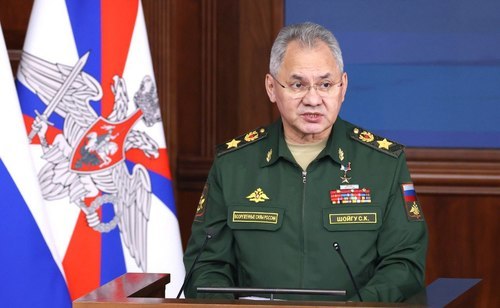
«We do not have any deployment of nuclear weapons in space or the use of any other elements of nuclear weapons on satellites, or the creation of fields that would not allow satellites to function effectively. We don’t have this, and they know we don’t have this, but they still make noise,» Shoigu said during a meeting with Russian President Vladimir Putin.
Star Wars re-released
This situation is reminiscent of the once Strategic Defense Initiative (SDI), dubbed as the «Star Wars program.» The concept was announced on March 23, 1983 by President Ronald Reagan as a complex, space-based missile defense system to protect the United States from Soviet strategic ballistic nuclear weapons attacks. Reagan called on U.S. scientists and engineers to develop a system that would render nuclear weapons obsolete.
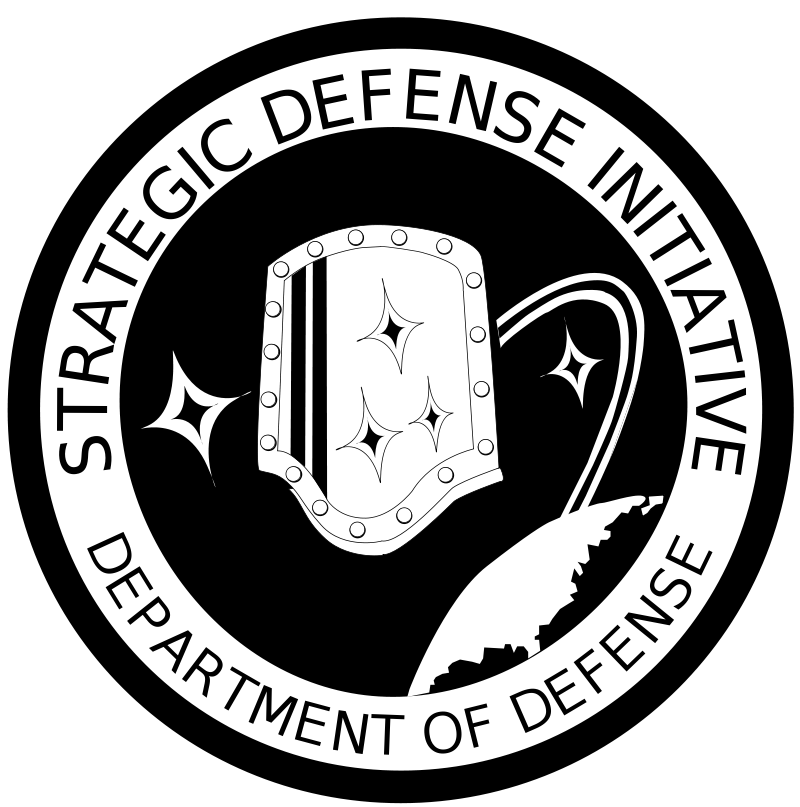
A wide range of advanced weapon concepts were studied, including lasers, particle beam weapons, and ground and space-based missile systems, along with various sensor, command and control, and high-performance computer systems that would be required to control a system consisting of hundreds of combat centers and satellites that would span the globe and engage in a very short battle.
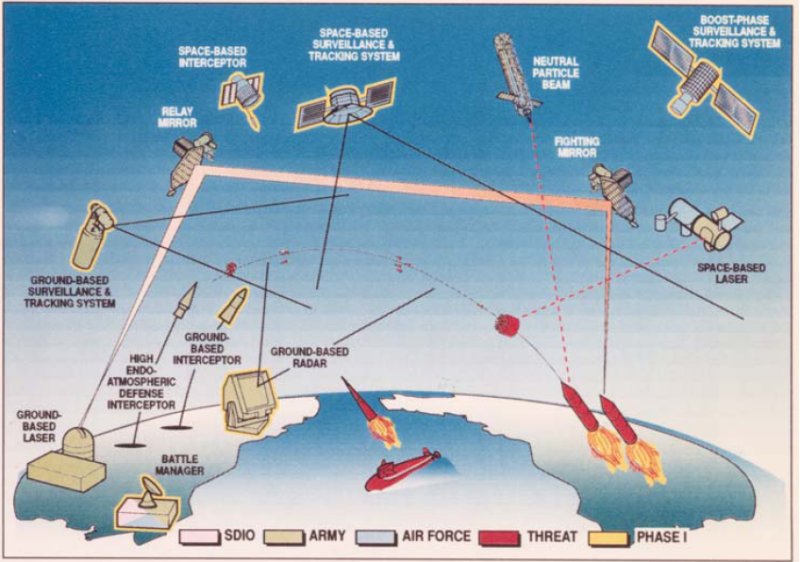
Finally, due to costs and technical difficulties, the «Star Wars» program was gradually abandoned. There is a popular belief that in reality it was all a theatrical operation put together by the American intelligence agencies to force the Soviet Union to spend enormous resources (which it did not have to spare) to counter a threat that did not exist. Eventually, this story became part of the motley folklore of the Cold War.
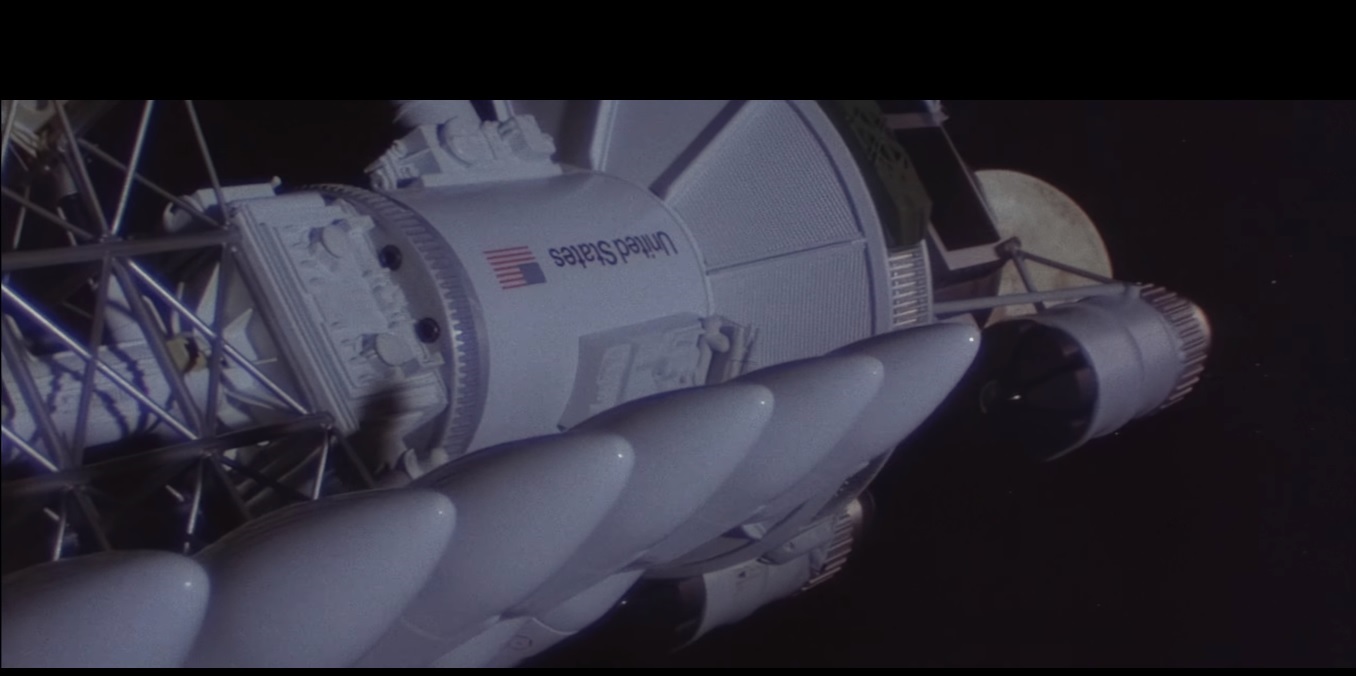
Space domain as an operational theater
However, since the 1960s, both NATO and the USSR were already aware of the importance of exoatmospheric space for the conduct of military operations on the surface of the globe, but also as a battlefield in its own right. The Space Domain gained increasing relevance over the years thanks to the advent of the digital communications era, the entry of new state actors in the production and launching of satellites, as well as the irruption of private companies in the space industry, with the consequent reduction in the cost of this market and the increase of entities (public or private) that were able to put their own space devices into orbit.
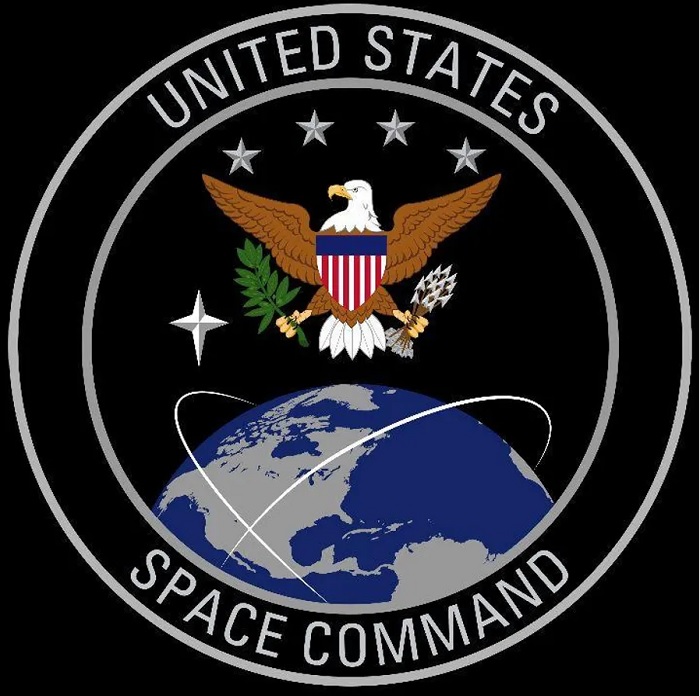
The current dependence of global economies and States actors (think of the importance of GPS/GLONASS/Galileo/BeiDou guidance for the current war operations) on the satellite network has led to the creation in recent times of specific military commands in the space domain, as is the case of the American Space Command or the one of the UK. Another option adopted was to extend the Air Force’s area of responsibility to Earth orbit, as France and Spain, among many others, have done. In this sense, Russia was a pioneer in recognizing orbital space as a military domain of its own legitimacy, and in 2015 created the Aerospace Forces of the Russian Federation (VKS), by merging the Air Force and the Aerospace Defense Forces, the latter being created in 2001 to continue military operations in space that were previously carried out by agencies of the extinct USSR.
As a reflection
Regardless of whether the US accusations are founded or not, or whether the alleged Russian orbital anti-satellite weapon carries a nuclear warhead or not, what is certain is that the major military and economic powers have recognized the strategic value of the space domain, and are acting accordingly. We should not be surprised that they are generating measures of orbital action or deterrence, since it responds to their current and future interests, and is within the technical reach of actors such as the USA, Russia, China, the United Kingdom, Israel, France, and perhaps India.
Everything seems to indicate that we are facing a «new» arms race whose battlefield will be space. Whether Russia is the first power to violate the Outer Space Treaty by deploying this new orbital capability, or whether it is the United States or China, it is certain that the others will soon follow. And in any case, the militarization of space was present since the beginning of the space race, never stopped, and is now entering a new and vigorous stage, thanks to technological advances that make space more accessible and safer.
In closing, I want to leave you with a scene from the hilarious movie Iron Sky, about the potential annulment of the Outer Space Treaty. I would almost argue that the point of this note is to play this scene.
Comedy exposes and advances many truths.

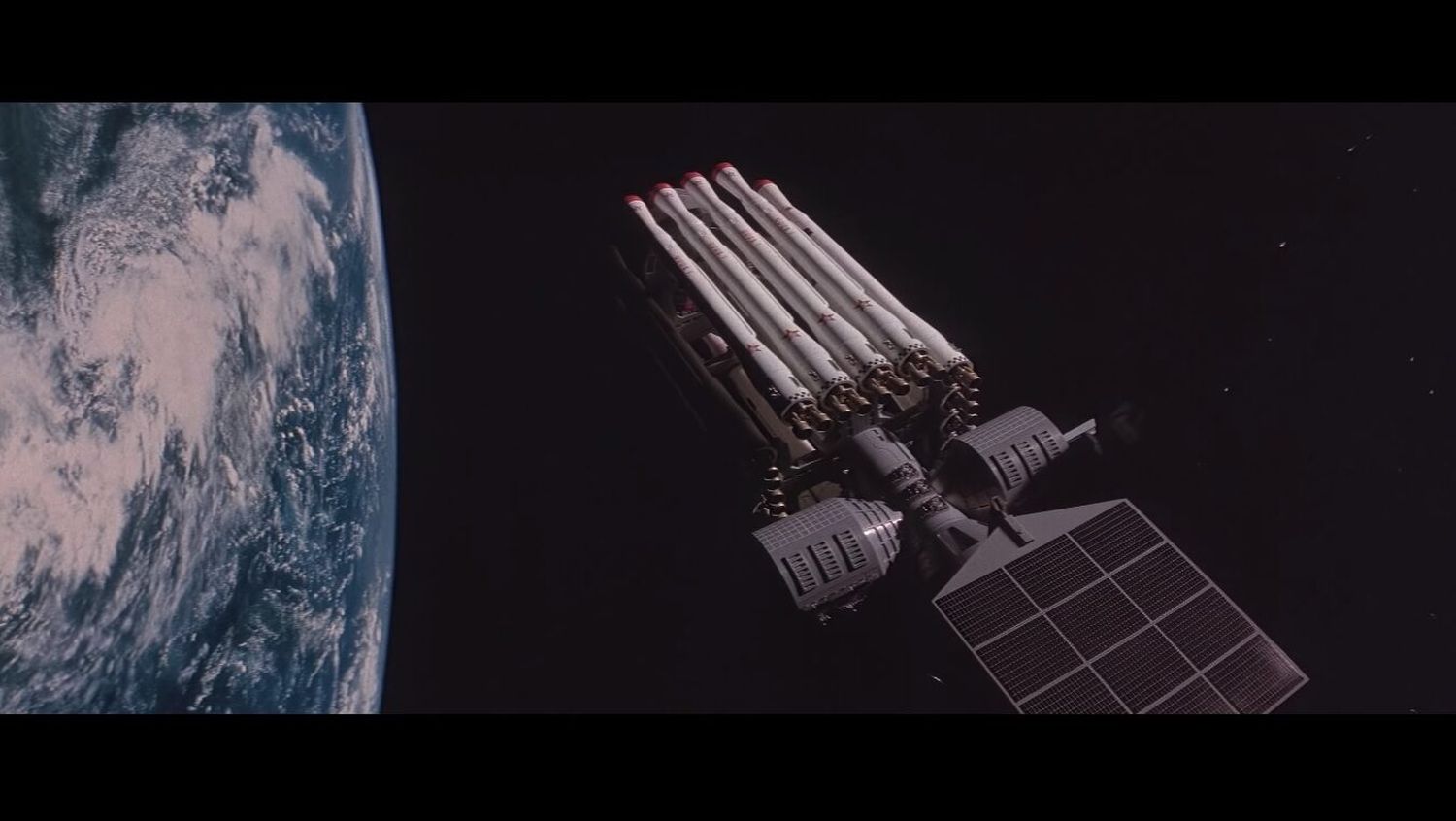
Para comentar, debés estar registradoPor favor, iniciá sesión